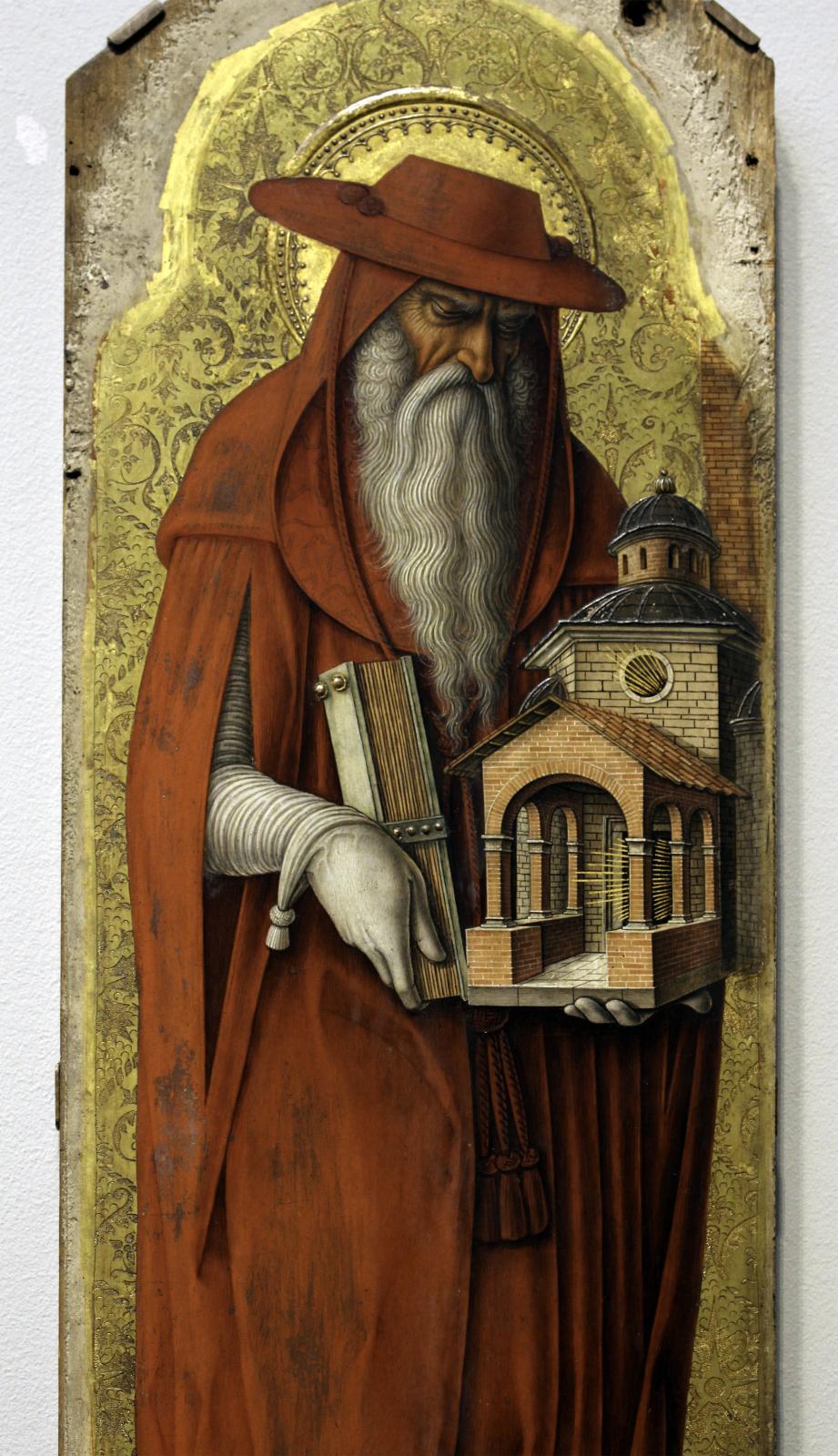By Fr Nicholas King SJ
Jerome would not, it must be said, be everyone’s ideal partner for a walking tour. He was fiercely quarrelsome, and battled with many of his contemporaries, sometimes using language that would make you blush.
He seems to have lived a fairly rackety life as a teenager, while, interestingly enough, always remaining ashamed of his behaviour. His great gift to us was the insight (which we forget at our peril) that ‘ignorance of the Scriptures is ignorance of Christ’.
His immense achievement was, on the instructions of Pope Damasus, to have completed the translation of the entire Bible into Latin. The reason for this translation was that there existed many different Latin versions, which we gather together under the general title of the Vetus Latina (old Latin), and their disagreements posed something of a threat to the Church.
He studied Greek and Latin, and even sat at the feet of a Jewish Rabbi, to get a grasp of the Hebrew in which the Old Testament was largely written. The version that Jerome produced was what now we call the ‘Vulgate’, or ‘common version’. It was not entirely his own work: his version of the gospels was a revision of the Vetus Latina, and the translation of the Psalms was based on the Septuagint (LXX). But it was a prodigious achievement, even though we cannot today be certain how much of it was his own work.
Interestingly, he thought that the Letter to the Hebrews was not by Paul, as indeed the majority of contemporary scholars today would agree, but in his day, this was thought to be a step too far.
It also seems to be the case that his version of the Hebrew Bible was very close to what we now call the ‘Masoretic text’, that of the oldest surviving Hebrew version.
He was unmistakably a very serious scholar, and we should admire and imitate his insistence on studying the biblical languages of Hebrew, Aramaic and Greek. We shall never, this side of the grave, know the precise original text of the Bible; but Jerome’s work certainly charted the way ahead. Our task today is to keep studying the Scriptures, in order to get as close as we can to what they originally said, and, of course, what God might be saying to us today.
And we must never forget that the Bible emerges from that community that we call the ‘Church’. Jerome’s somewhat fiery character meant that he was often at war with fellow Christians, but he knew where he belonged, and his work of translation, imposed on him by Pope Damasus (who had appointed him as his secretary) remains an immense gift to us, and his scholarship provides us with a way ahead in our journey into the meaning of the Scriptures.
Later he became a hermit, and with his friend Paula set up a monastery in Bethlehem. Some of his contemporaries felt that he was too close to Paula and to other women, and were deeply suspicious of them, but there was never a hint of anything untoward in their relationship.
He worked tirelessly on his biblical scholarship, and in particular wrote a good deal in the way of biblical commentary, defending some of his translation choices by reference to the original Hebrew. His surviving correspondence, which is quite extensive, covers a remarkable range, including attacks on the sexual immorality among the clergy, and indeed in the world at large.
He was a gifted and austere, and it must be said, a very industrious scholar. He would not at any stage have been easy company, but we do well to follow him in his devotion to Scripture, in his biblical scholarship, and his belief that the Bible makes demands of us in the way we live our lives.
He died on September 30 in the year 420; yet his influence is with us to this very day.
